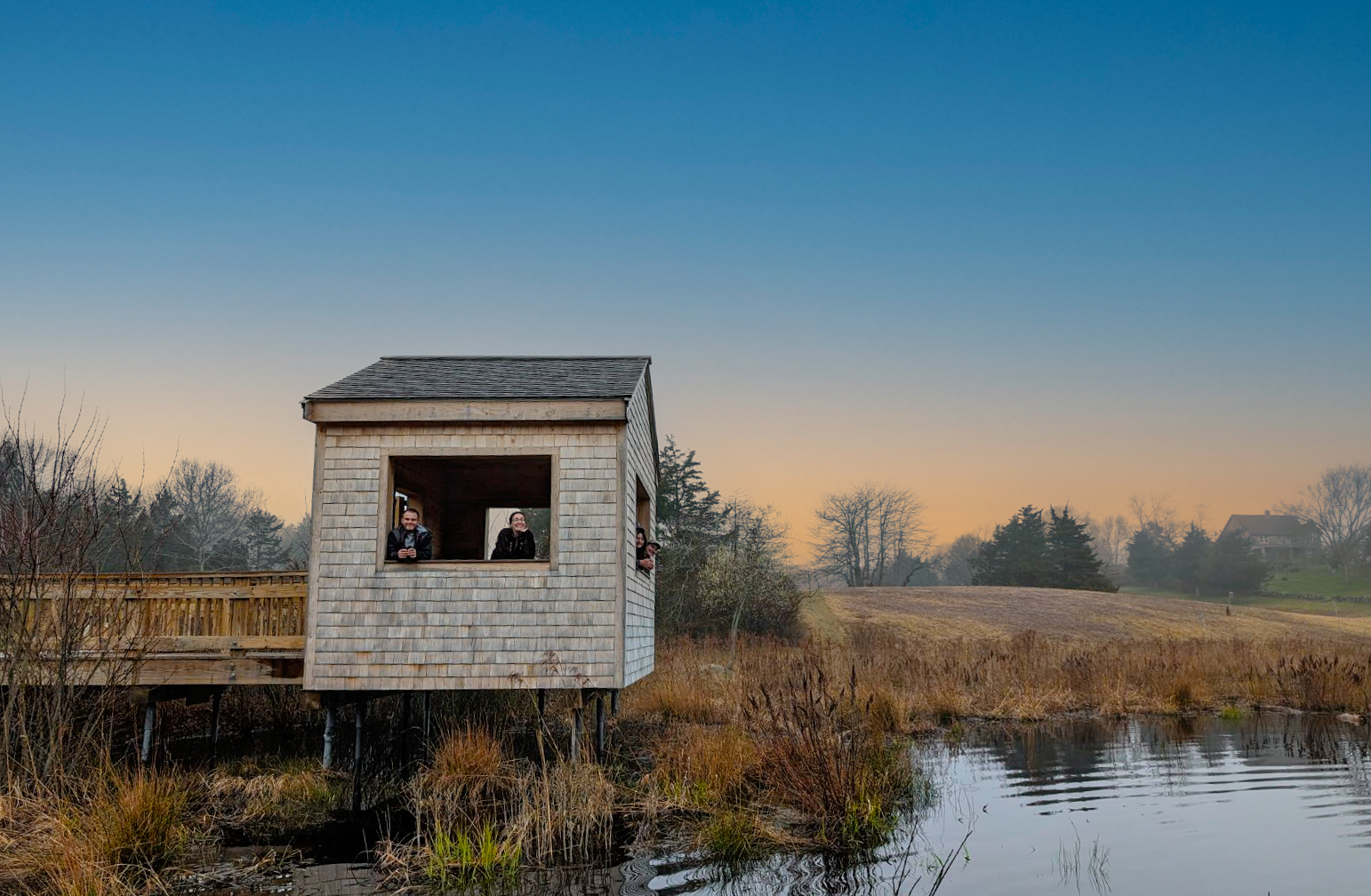The Clear Water Carbon Fund planted approximately 1,000 trees this spring in New England, more than doubling the program’s total output.
“This spring has been a huge step forward for the Fund,” said Ethel Wilkerson, the Manomet program manager who leads the project. “We’ve been able to plant these trees and reforest riverbanks because we’ve had so much enthusiastic support. One hundred people made contributions and many of them bought more than one tree.”
The Fund restores deforested river and stream banks to protect water quality and provide wildlife habitat. Each tree that is planted also removes 570 pounds of carbon from the atmosphere. All the trees planted, including white birch, red maple, sugar maple, and pine, are native to the watersheds and were bought through local nurseries. In total, approximately six acres have been reforested since this program began in late 2011.
Currently, the Fund focuses on four New England watersheds, the Sebago Lake, China Lake, and Androscoggin River watersheds in Maine and the White River watershed in Vermont. These rivers and lakes provide clean and safe water for drinking, recreational opportunities, and habitat for fish and wildlife which benefit local communities and visitors. Forested riverbanks provide a dependable and cost effective strategy for protecting fresh water.
“The biggest benefits are that it provides funds for local watershed enhancement projects and helps improve watershed health,” Wilkerson said.
While many other tree planting organizations or carbon offset programs only focus on carbon reduction, the Fund engages local communities in choosing the best sites for replanting and with the actual replanting activity. This spring, more than 30 student volunteers have taken part in CWCF replanting projects.
The Fund intends to continue planting this fall in the Sebago Lake and Androscoggin River watersheds. According to Wilkerson, the program will continue to plant trees with existing watershed partners in Maine and Vermont, and the Fund is also laying groundwork for a pilot urban reforestation project.
Anyone interested in supporting the Fund’s work to reduce carbon emissions on a global scale and provide environmental benefits in local watersheds can visit www.clearwatercarbonfund.org.
– Marina Duchesneau





 Back to all
Back to all